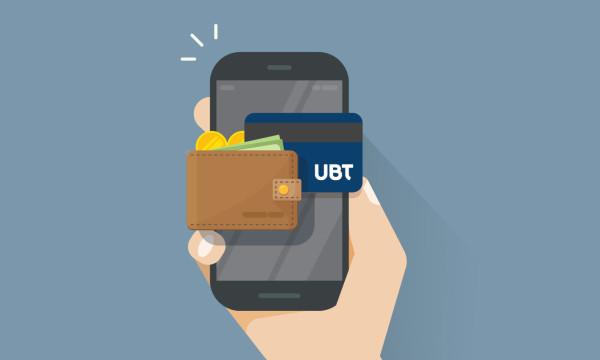Budgeting with school loans
We’ve got some pointers to help you get started on the road to repayment.

With so many providers offering variations of school loans, you can easily end up with several, and it can seem a little overwhelming when it comes time to pay them back. Here are some tips to keeping your budget on track when it comes to your school loans.
- Become an expert on your loans. How much do you owe? What is your interest rate? How many loans do you have? Who is your provider, and how does their website work?
- Communicate with your lender, even when money’s tight. Providers would much rather hear from you now than track you down with questions later. Give them a call and keep them informed.
- Consider before consolidating. Consolidation is not always the best option; you’ll want to do your research. Most providers offer fixed or variable rates. Fixed rates stay the same through the life of the loan, whereas variable rates change and fluctuate from very low to very high. Find out what’s best for your financial situation before consolidating. It’s also important to note that federal and private loans have separate rules. Consolidating some loans might kick certain borrowers out of special programs they may be eligible for, like Public Service Loan Forgiveness, so it’s always best to speak to your lender first. Additionally, federal loans should never be consolidated by a private lender because the borrower may lose certain protections.
- Find alternative financing options. Planning to go back to school? It’s always best to look for “free” money like scholarships, grants, federal work study opportunities, and any company incentives first. Start by completing the Free Application for Federal Student Aid (FAFSA) to find out what assistance you may be eligible for. Beyond those options, consider paying cash rather than taking on more loans if you can — ideally, you’ll want to exhaust your other options before turning to additional loans.
- Make your student loans a priority. All student loan debt should be a part of your monthly budget. Remember, the longer you pay the loan, the more interest you accrue, resulting in a higher overall balance.
- Ensure you’re in the best repayment plan for your financial situation. Carefully consider the options available to you; for example, income-driven repayment (IDR) is an option for federal student loans that can save you money now, but may not make sense based on your unique circumstances. Do your research on the short- and long-term impacts to your budget.
- Pay off early if you can. Most service providers will allow you to pay off loans early without penalty.
- Pay interest even when you’re in school. Even small payments on your student loan interest can save you money over the life of your loans.
- Think long-term. Student loans do affect your credit and your ability to purchase a house.
- Keep up on your loans. Student loans are serious. Don’t avoid your payments!
Creating a budget that includes your student loans can help with long-term repayment. Learn how to budget here.
Learning Center articles, guides, blogs, podcasts, and videos are for informational purposes only and are not an advertisement for a product or service. The accuracy and completeness is not guaranteed and does not constitute legal or tax advice. Please consult with your own tax, legal, and financial advisors.





